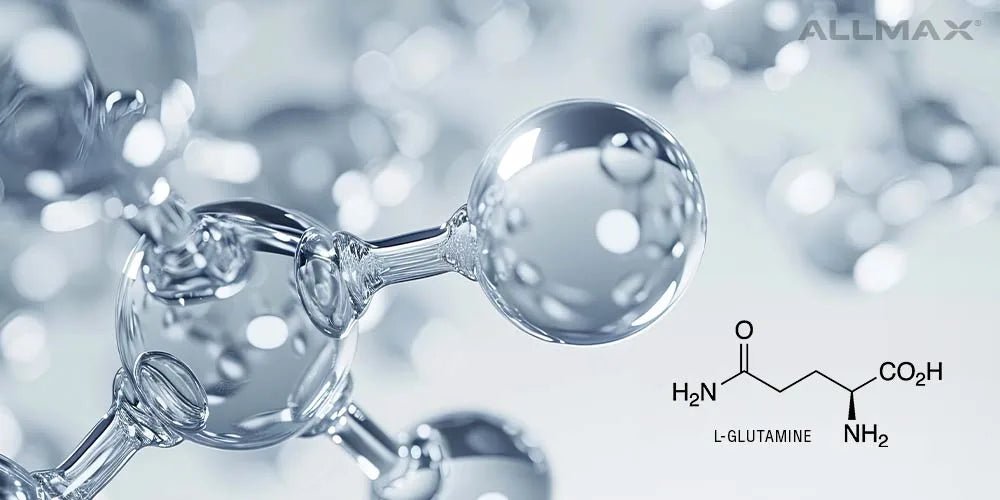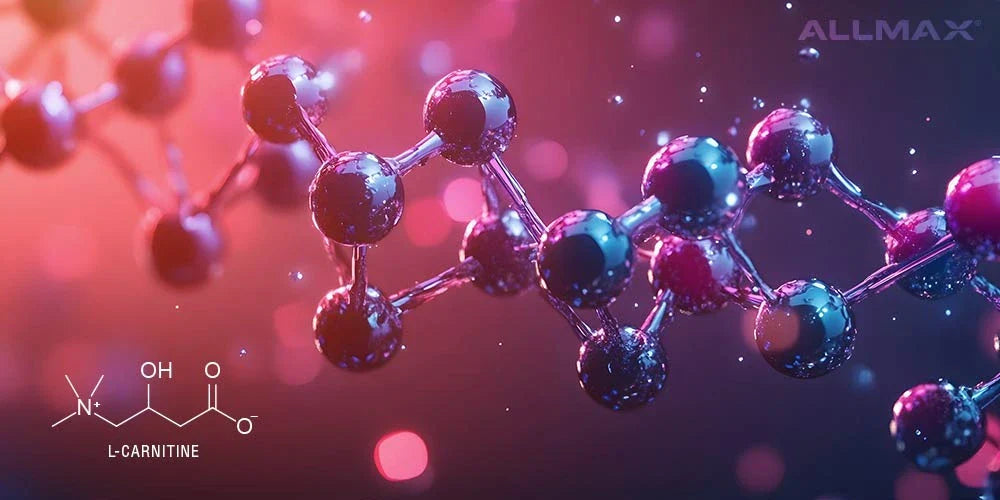In the world of sports and fitness, athletes are constantly searching for ways to gain a natural edge - something that boosts endurance, accelerates recovery, and fortifies overall health. What if that solution has been around for centuries? Enter the reishi mushroom, a potent adaptogen that has been praised in traditional medicine for its powerful health benefits. From supporting immune resilience to reducing oxidative stress, this ancient fungus is making waves in the athletic community as a game-changing supplement. Let’s explore why reishi might be the missing ingredient in your performance routine.
What is Reishi Mushroom?
The reishi mushroom, scientifically known as Ganoderma lucidum, is a powerful medicinal fungus that has been a cornerstone of traditional Eastern medicine for centuries. Often called the “mushroom of immortality,” this distinctive, glossy red mushroom is renowned for its potential to promote longevity, enhance immunity, and support overall well-being. For athletes, Reishi Mushroom benefits go beyond general health - this adaptogenic mushroom may improve endurance, recovery, and resilience to stress, making it a valuable supplement for high-performance training.
Benefits of Reishi Mushroom
The red reishi mushroom benefits extend well beyond general wellness - they offer tangible advantages for athletes, from immune support to enhanced endurance and recovery. Whether taken as a standalone supplement or integrated into a performance-boosting formula like CytoGreens , PeakO2 , reishi can be a game-changer in any serious athlete’s regimen.
- Immune System Support: Intense training can temporarily suppress the immune system, increasing susceptibility to illness. Reishi mushrooms are rich in beta-glucans and polysaccharides, compounds that help strengthen the immune response by enhancing the activity of white blood cells. For athletes, this means fewer interruptions due to sickness and a more consistent training schedule.
- Stress Adaptation and Recovery: Athletes constantly push their bodies to the limit, making recovery a crucial factor in performance. Reishi mushrooms are adaptogens, meaning they help regulate the body's response to stress, both physical and mental. Studies suggest that reishi can aid in cortisol regulation, ensuring that prolonged stress does not lead to overtraining syndrome (OTS) or burnout.
- Endurance and Performance Enhancement: Research suggests that combining Ganoderma lucidum with other natural performance enhancers, such as Cordyceps sinensis, may improve stamina and energy production. A 3-month trial involving endurance cyclists showed that this combination helped maintain a balanced testosterone/cortisol ratio, protecting athletes from nonfunctional overreaching (NFO) and reducing oxidative stress.
- Heart and Liver Health: Cardiovascular efficiency is critical for athletic performance, and reishi mushrooms may support heart health by helping regulate blood pressure and cholesterol levels. Additionally, their antioxidant content can aid liver detoxification, ensuring that metabolic waste products from intense exercise are effectively processed.
- Anti-Inflammatory and Antioxidant Effects: Inflammation and oxidative stress are common issues for athletes, particularly those engaged in high-intensity training. Reishi mushrooms contain powerful antioxidants that help neutralize free radicals and reduce muscle soreness.
To maximize the benefits of reishi while maintaining peak performance, consider combining it with other superfoods, adaptogens, and nutrient-dense greens. Consulting with a healthcare provider before adding reishi mushrooms to your routine ensures safe and effective supplementation.
Side Effects of Reishi Mushroom
Although reishi mushrooms offer many benefits, athletes should be aware of potential side effects:
- Digestive Issues: Some individuals experience mild stomach upset, nausea, or diarrhea.
- Allergic Reactions: Skin rashes or itching can occur, especially in those sensitive to fungi.
- Blood Thinning: Reishi mushrooms may have anticoagulant properties, which could increase bleeding risk, especially for those on blood-thinning medications.
- Low Blood Pressure: While beneficial for some, those with already low blood pressure should monitor their intake to avoid excessive drops.
References:
- Wu, D. T., Deng, Y., Chen, L. X., Zhao, J., Bzhelyansky, A., & Li, S. P. (2017). Evaluation on quality consistency of Ganoderma lucidum dietary supplements collected in the United States. Scientific reports, 7(1), 7792.
- Rossi, P., Buonocore, D., Altobelli, E., Brandalise, F., Cesaroni, V., Iozzi, D., ... & Marzatico, F. (2014). Improving training condition assessment in endurance cyclists: effects of Ganoderma lucidum and Ophiocordyceps sinensis dietary supplementation. Evidence‐Based Complementary and Alternative Medicine, 2014(1), 979613.




